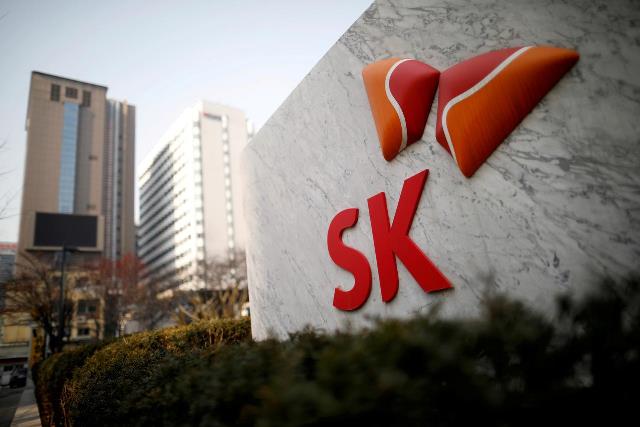The U.S. Department of Energy intends to provide a loan of up to $9.2 billion to a collaborative effort between Ford Motor and SK On, aimed at constructing three battery plants in Tennessee and Kentucky.
The loan commitment, contingent on certain conditions, originates from the Advanced Technology Vehicles Manufacturing (ATVM) loan program administered by the government, Reuters news report said.
SK On is a subsidiary of SK Innovation, a South Korean entity. According to the Energy Department, the joint venture is presently constructing three battery manufacturing facilities in Kentucky and Tennessee with a combined annual production capacity exceeding 120 gigawatt hours.
Jigar Shah, head of the Energy Department’s Loan Programs Office, expressed in an interview the desire to encourage the establishment of supply chains within the United States instead of other countries, while ensuring a faster and more confident implementation process domestically.
This loan marks the sixth instance of the ATVM program providing funding for battery supply chain projects.
Over the lifespan of the vehicles powered by the batteries manufactured in these plants, it is estimated that more than 455 million gallons of gasoline will be displaced annually. The project is also expected to generate 5,000 construction jobs in Tennessee and Kentucky and 7,500 operational jobs once the plants commence operations.
Dave Webb, Treasurer at Ford, emphasized the historical significance of collaborations between the public and private sectors in accelerating major technological transitions.
Robert Rhee, CEO of BlueOval SK, highlighted the loan’s purpose of strengthening crucial domestic supply chains and enabling the production of high-quality batteries for future Ford and Lincoln electric vehicles.
In addition to this loan, the Inflation Reduction Act, a $430 billion initiative approved in August, introduces a new tax credit of $45 per kilowatt for battery production. Ford CEO Jim Farley projected a potential combined tax credit exceeding $7 billion for Ford and its battery partners between 2023 and 2026.
In the previous year, the Department of Energy granted $2.5 billion to a joint venture involving General Motors and LG Energy Solution, which was directed towards financing the construction of new lithium-ion battery cell manufacturing facilities. The loan benefited Ultium Cells and facilitated the establishment of facilities in Ohio, Tennessee, and Michigan.
Ford was previously awarded a $5.9 billion low-cost government loan from the same program in September 2009, providing vital liquidity in the aftermath of the global financial crisis. The company completed its repayments last year, after deferring some payments in 2020.
Furthermore, Ford announced a separate agreement in February to invest $3.5 billion in a battery plant in Michigan that would utilize technology from a Chinese battery company called CATL.
Tesla received a loan of $465 million in 2010 through the program, which enabled the establishment of a manufacturing facility in Fremont, California, and the production of the Model S electric car. The loan was repaid by Tesla in 2013.

